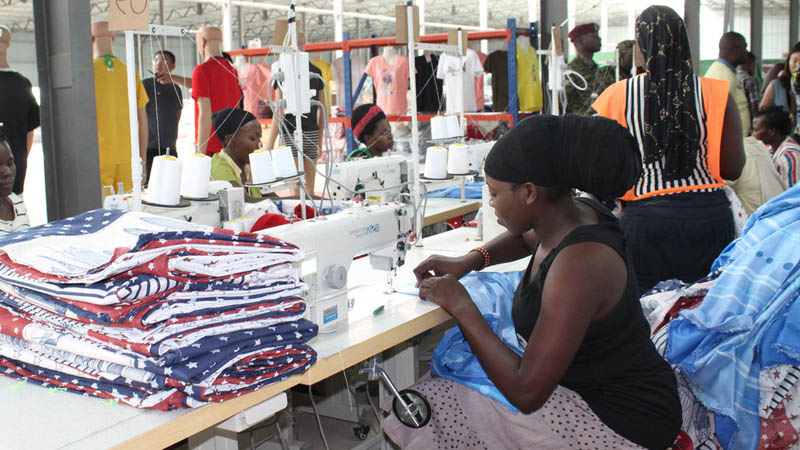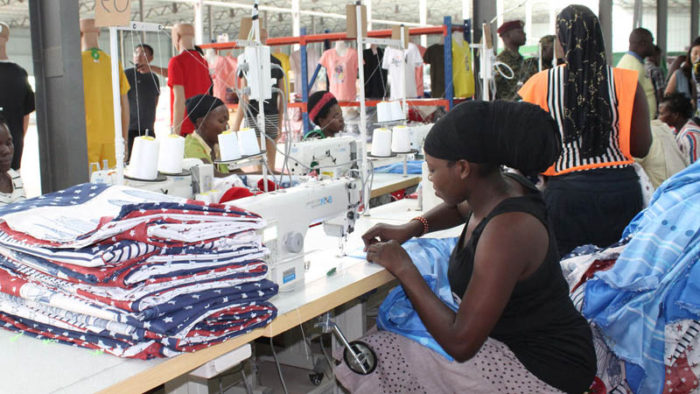A significant portion of the used clothing available in Uganda is surplus from Europe and the US. Museveni provocatively labeled these garments as “clothes of deceased Westerners”, insinuating that they are hand-me-downs of the departed. He stated, “Upon a Westerner’s death, their attire is gathered and shipped to Africa.” This perception isn’t exclusive to Uganda; the term ‘kava ulaya’, meaning ‘clothes of dead white people’, is used in Nigeria to describe such imports.
Oxfam reveals that a staggering 70% of clothing discarded in European and US collection bins ultimately lands in Africa. The exact percentage of these items belonging to the departed remains unclear.
Although Uganda boasts a robust textile sector, the majority of its output is shipped as partially processed goods. Consequently, the economic value-added within the country remains modest, as per De Volkskrant. Recent data indicates that annual cotton exports fluctuate between 22 million and 76 million dollars.
The notion of prohibiting used clothing imports isn’t new. In 2016, the East African community, which includes Uganda, Kenya, Rwanda, Tanzania, Burundi, and South Sudan, advocated for such a ban. Rwanda was the only country to actualize it then, given that such imports also generated numerous employment opportunities, benefiting the local economy.


